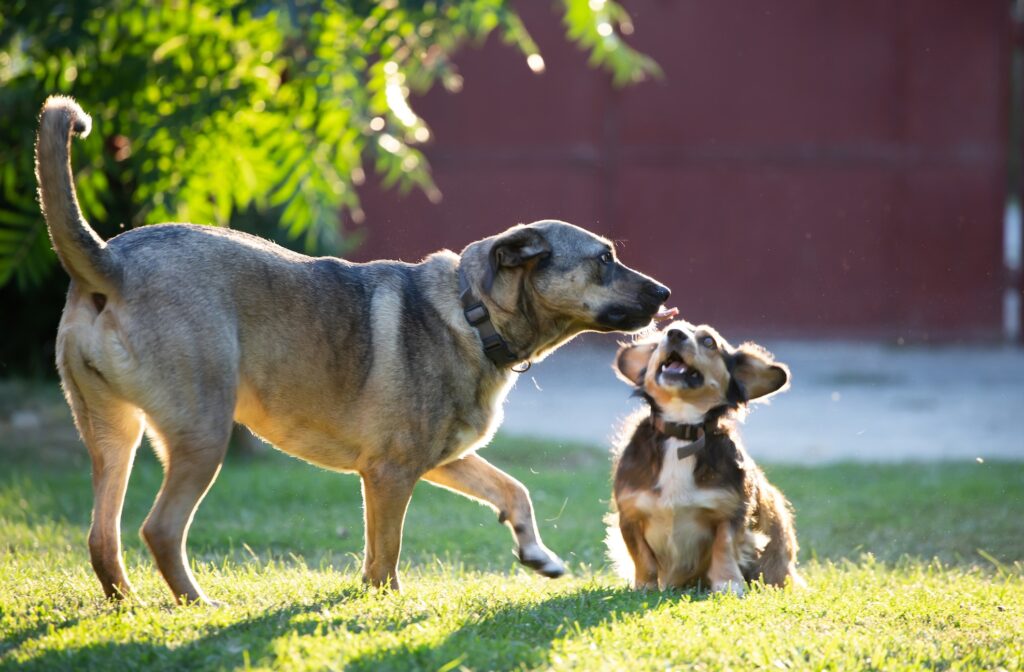Canine Culprits: How Dog Waste Affects Your Green Lawn and How...
Read More
Menu
Every dog owner has likely experienced the surprise of spotting those curious brown patches on their lush green lawn. Whether you’re a new puppy parent or a seasoned dog enthusiast, you might wonder: does dog urine and poop really harm grass? Let’s dive deep into this query and provide a clear understanding of the phenomenon.
Why Are There Brown Spots on the Lawn?
It’s quite common to see brown or yellowish patches where your dog frequents, especially if they’ve chosen a specific area as their ‘go-to’ bathroom spot. But why does this happen?

Urine: The Main Culprit
The primary reason behind these unsightly patches is dog urine, and there’s a science to it. Dog urine contains a high concentration of nitrogen. While plants, including grass, require nitrogen to grow, an overdose of it can “burn” the grass. It’s similar to the way over-fertilizing your lawn can damage it. Additionally, urine’s pH balance, specific gravity, and the presence of certain salts can also play a role in damaging the grass.
Poop: The Lesser Offender
While urine is usually the main perpetrator, dog poop can also play a role, albeit indirectly. If left unattended, the poop can smother the grass beneath, depriving it of sunlight. Over time, this can damage the grass and cause discoloration. Moreover, if the feces are not promptly removed, they might attract pests or diseases which can further harm your lawn.
Are All Dogs Equal Grass-Killers?
Interestingly, not all dogs cause the same amount of damage to grass. A variety of factors can influence the lawn’s reaction to your pet’s waste:
While the phenomenon is natural, there are steps you can take to minimize its impact.
Watering the Area: Dilute the urine by watering the spot immediately after your dog does its business. This can help in diffusing the nitrogen concentration.
Training: Encourage your dog to use different spots in the yard, reducing the impact on any single area.
Dietary Adjustments: Talk to your vet about your dog’s diet. They might suggest a balanced diet that reduces the nitrogen concentration in the urine.
Lawn Care: Opt for robust, urine-resistant grass types. Additionally, using lime or gypsum soil amendments can help neutralize the pH in the affected spots.
Regular Clean-Up: Regularly pick up dog poop. Not only is it a good practice for the health of your yard, but it also prevents other issues like the spread of parasites or diseases.
Now, you may wonder, why hire a poop pickup service? Well, life can get busy. Sometimes, amidst our numerous responsibilities, picking up after our pets may take a backseat. A poop pickup service ensures regular clean-up, preventing long-term damage to your lawn and maintaining a hygienic environment for both your family and your furry friend.
While dog urine and poop can affect your grass’s health, understanding the reasons and implementing preventative measures can help maintain your garden’s aesthetics and health. A green lawn and a happy dog? That’s a win-win!
Making your yard beautiful, one dog poop pickup at a time. Please call if you have any questions.
Canine Culprits: How Dog Waste Affects Your Green Lawn and How...
Read More